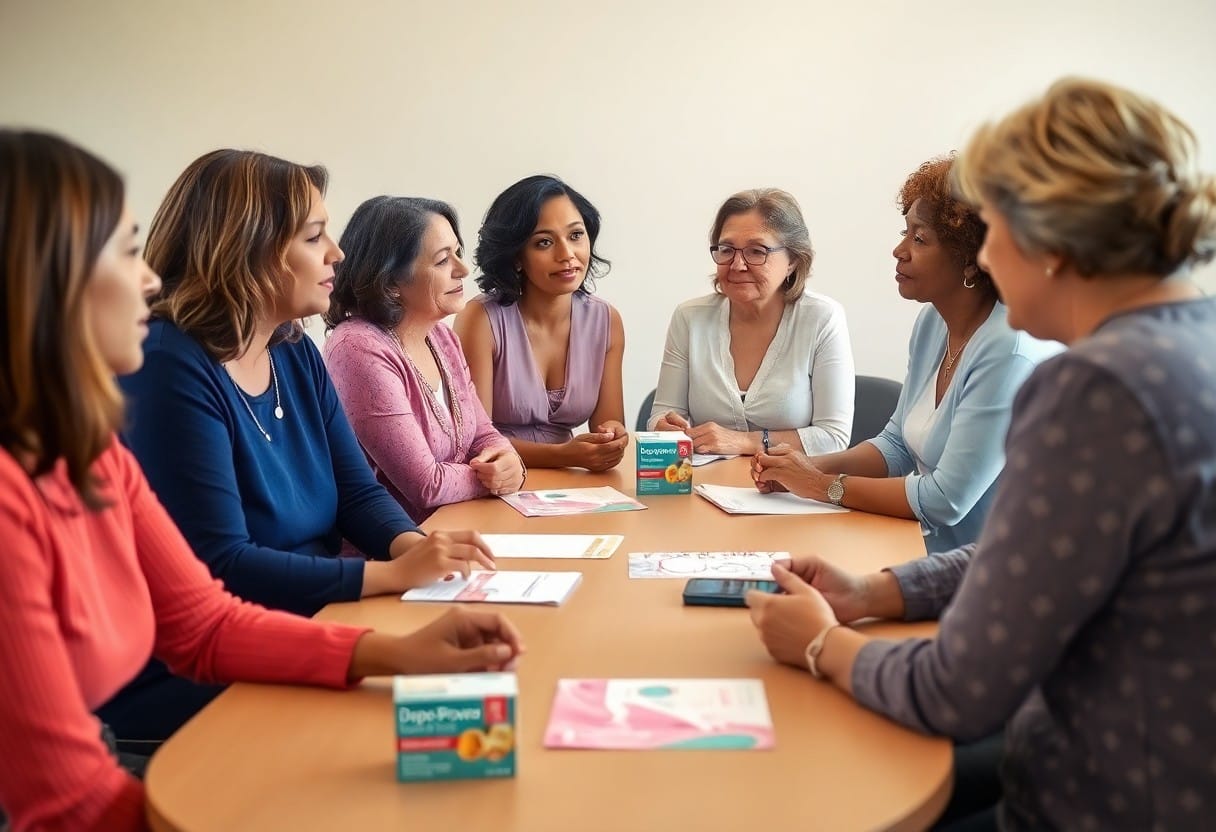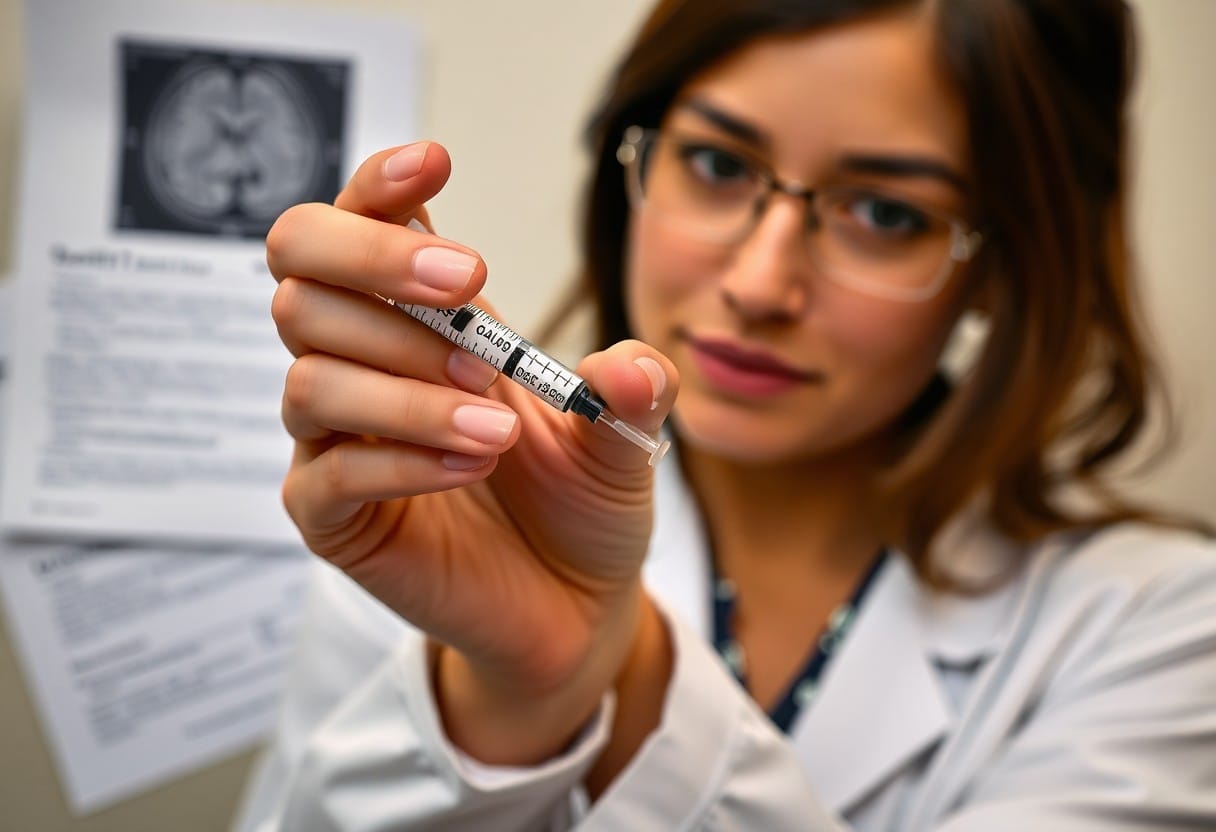Just as you trust healthcare professionals with your health, it’s vital that you understand the importance of enhanced training for pharmacists and nurses in vaccine administration. Inadequate training can lead to serious mishaps or missed opportunities for optimal patient care. With the ever-changing landscape of vaccines and immunization protocols, ensuring you have the latest knowledge and skills is crucial for ensuring patient safety and community health. By advocating for better training programs, you can help ensure that those who administer vaccines are equipped to handle any situation that may arise.
Importance of Vaccine Administration Training
While the effectiveness of vaccines is well-documented, the execution of vaccine administration requires a high level of skill and confidence. Proper training ensures that healthcare professionals can handle vaccines safely and efficiently, minimizing the risk of errors and adverse reactions. Continuous education not only enhances your knowledge but also reinforces the trust patients place in your ability to deliver quality care, thereby improving overall public health outcomes.
Role of Pharmacists in Vaccine Delivery
On the front lines of healthcare, pharmacists play a significant role in vaccine delivery. They are often the first point of contact for patients seeking vaccinations and are vital in offering guidance about vaccine safety, efficacy, and potential side effects. Their expertise in medication management allows them to address any patient concerns effectively.
Role of Nurses in Vaccine Delivery
At healthcare facilities, nurses are instrumental in the delivery and administration of vaccines. They interact directly with patients, providing education, addressing fears, and ensuring compliance with vaccination schedules. Your skills in assessment and monitoring are critical, particularly in identifying any adverse reactions that may occur post-vaccination. This frontline position allows you to promote vaccine acceptance and advocacy within the community.
Indeed, the role of nurses in vaccine delivery encompasses much more than just administration. You are vital in implementing infection control protocols, ensuring that vaccines are stored and handled properly, and maintaining accurate records. Your ability to educate patients on the importance of vaccination can lead to improved immunization rates and better health outcomes overall. With the right training, you enhance your capability to address patient questions, concerns, and hesitations, ultimately fostering a protective and informed community.
Current Training Gaps
The training programs for pharmacists and nurses often fall short in equipping you with the necessary skills for effective vaccine administration. Many curricula inadequately address emerging vaccine technologies and handling protocols, leaving you unprepared for real-world scenarios. This gap can lead to inefficiencies and potential risks in patient care.
Educational Deficiencies
Between the theoretical knowledge imparted during your studies and the practical application required in real-life settings, significant gaps often exist. Essential topics like patient education, vaccine side effects, and managing rare adverse reactions may not be adequately covered, leaving you less confident in your abilities when it comes to vaccination.
Practical Experience Limitations
Educational programs often lack the hands-on training you need to confidently administer vaccines. It can be challenging to gain sufficient experience in a variety of vaccination techniques or scenarios. Without the opportunity to practice, you might feel overwhelmed during actual patient interactions, affecting both your performance and patient outcomes.
It is crucial to recognize that the limited practical experience you receive during training can directly impact your effectiveness as a healthcare provider. In many cases, you may only have the chance to practice on a limited number of patients or under supervised conditions. This lack of exposure can lead to uncertainty during actual administration, which poses a risk to both you and your patients. Increased opportunities for simulation-based training and real-world practice can improve your confidence and competence in vaccine delivery, ultimately enhancing patient safety and care quality.

Impact of Insufficient Training
Some may underestimate the ramifications of inadequate training for pharmacists and nurses in vaccine administration. Insufficient knowledge and skills can lead to improper techniques, misunderstandings about vaccine contraindications, and even an increase in adverse reactions. This not only jeopardizes patient health but also contributes to a greater mistrust of vaccinations, making it crucial for professionals to receive comprehensive training to ensure safe and effective vaccine delivery.
Patient Safety Concerns
Beside the potential for physical harm, insufficient training can lead to serious patient safety issues. Errors such as incorrect dosages or failure to screen for allergies may arise, putting patients at risk. As a healthcare provider, your expertise directly influences the well-being of those you serve, emphasizing the need for thorough education in vaccine administration.
Public Health Outcomes
Outcomes of insufficient training can have far-reaching implications for public health. Without adequate skills, improper vaccine administration can lead to outbreaks of vaccine-preventable diseases, further straining healthcare systems and eroding public confidence. Moreover, low vaccination rates linked to unqualified providers can prompt a ripple effect, resulting in an increase in community transmission and hindered herd immunity.
Indeed, improving training for pharmacists and nurses can contribute to significantly better public health outcomes. You must understand that when you are proficient in vaccine administration, you help create a safer community. Effective training leads to higher vaccination rates, reducing the incidence of serious diseases and protecting vulnerable populations. When healthcare providers possess the necessary skills, public trust in vaccines increases, ultimately supporting broader public health goals and safeguarding your community’s well-being.
Best Practices for Training Improvement
All health professionals, particularly pharmacists and nurses, can significantly benefit from enhanced training programs focused on vaccine administration. By implementing structured training approaches, you can ensure that you acquire the necessary skills and knowledge to administer vaccines effectively and safely, thus improving public health outcomes.
Enhanced Curriculum Development
Between the gaps in current training regimens and the evolving landscape of vaccines, it is imperative to develop comprehensive curricula that address both foundational knowledge and advanced techniques in vaccine administration. You should advocate for educational programs that include the latest research, guidelines, and technology related to vaccinations.
Simulation and Hands-On Training
Practices such as simulation and hands-on training are invaluable in preparing you for real-world vaccine administration. By participating in well-structured simulation exercises, you can practice techniques, problem-solve potential challenges, and gain confidence in your abilities.
Indeed, implementing simulation-based training allows you to experience realistic scenarios that mimic actual vaccination settings. Engaging in hands-on practice not only improves your technical skills but also enhances your decision-making abilities under pressure. This method enables you to familiarize yourself with different vaccination techniques and diverse patient interactions, thus preparing you to address any urgent situations with competence. Incorporating feedback from trainers during these sessions further solidifies your learning, ensuring that you are well-equipped to provide safe and effective vaccination services to your community.
Collaboration Among Healthcare Professionals
Keep in mind that collaboration among healthcare professionals enhances the effectiveness of vaccine administration. By fostering strong communication channels between pharmacists, nurses, and other medical staff, patient care can be significantly improved. This collaborative effort not only promotes consistency in vaccination practices but also increases public confidence in immunization programs, ultimately leading to improved health outcomes.
Interprofessional Education Initiatives
Above all, interprofessional education initiatives are crucial for equipping pharmacists and nurses with the skills necessary for effective vaccine administration. These programs provide a platform for healthcare professionals to learn from one another, fostering teamwork and understanding. By engaging in joint training exercises, you will be better equipped to provide comprehensive patient care and contribute to your community’s health.
Shared Responsibilities in Vaccination
Between pharmacists, nurses, and other healthcare professionals, shared responsibilities are vital for effective vaccination efforts. Each professional plays an integral role in ensuring that patients receive accurate information, appropriate vaccine dosages, and the overall best care possible. By collaborating, you can address potential gaps in knowledge and promote a seamless vaccination experience for patients.
It is crucial to recognize that shared responsibilities in vaccination can lead to significant benefits for both healthcare providers and patients. You should ensure that communication is clear and consistent, allowing each team member to contribute their expertise effectively. This collaboration enables you to identify any potential risks and address them proactively, enhancing the patient’s overall vaccination experience. Additionally, by uniting your efforts, you can foster a sense of trust and reassurance among patients, making them more likely to seek vaccinations and adhere to recommended schedules.
Future Directions
Not only do pharmacists and nurses require enhanced training on vaccine administration, but a holistic approach involving updated curricula, cross-disciplinary collaboration, and policy reforms is needed to fortify public health responses in the face of future pandemics.
Policy Recommendations
An effective strategy should encompass comprehensive guidelines that mandate ongoing training for all healthcare providers involved in vaccine administration, ensuring their skills remain sharp and updated in line with current practices and technologies.
Research and Continuous Education
At the heart of improved vaccine administration lies a commitment to ongoing research and continuous education. This effort should prioritize the identification of best practices, fostering innovative training methodologies that adapt to the ever-evolving landscape of healthcare.
Plus, integrating interdisciplinary research into training programs can significantly enhance your competency in vaccine administration. By focusing on evidence-based practices and engaging in workshops and refresher courses, you can stay well-informed about the latest advancements and emerging trends in immunization. This not only equips you with enhanced skills but also fosters your confidence when engaging with patients, ultimately leading to safer vaccine delivery and a reduction in potential complications.
To wrap up
On the whole, ensuring that pharmacists and nurses receive better training on vaccine administration is crucial for enhancing public health outcomes. By improving your skills and knowledge in this area, you can provide safer and more effective vaccination services, ultimately increasing community confidence in immunization programs. Better training allows you to stay updated with the latest guidelines and techniques, empowering you to make informed decisions that positively impact patient care and contribute to the broader goal of disease prevention.














